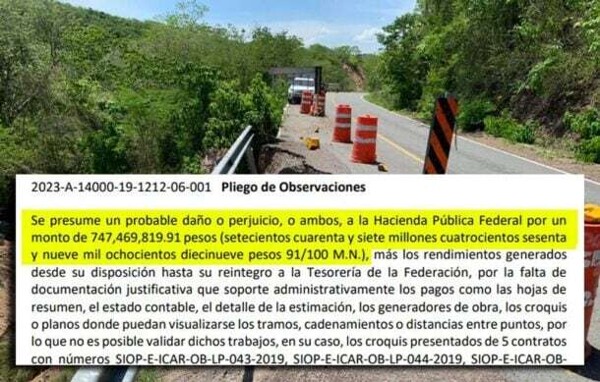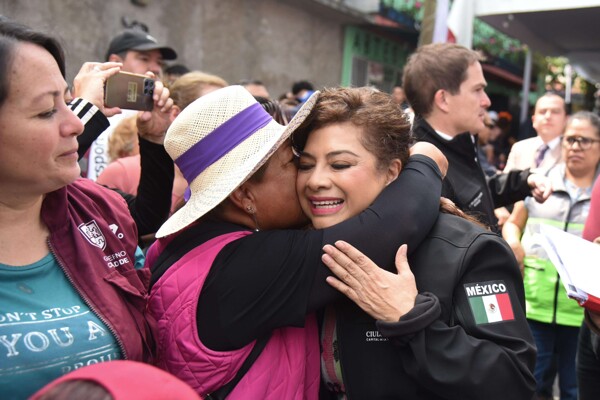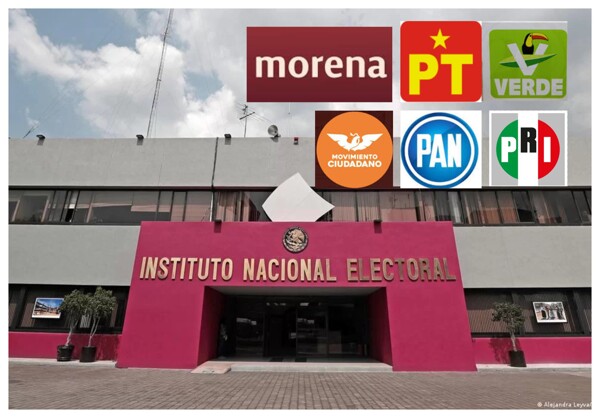
The lack of financial education is a cultural barrier in Mexico, stemming from the widespread ignorance of basic concepts such as saving, investing, credit, and planning. A large percentage of the Mexican population does not understand these fundamental terms, which complicates the effective management of their resources, especially in rural communities and low-income or marginalized groups, where access to financial information is limited.
Distrust towards banking institutions is another issue, fueled by negative experiences of fraud or bad practices shared in the culture. This distrust leads to a resistance to participate in the formal financial system, perpetuating informality and driving people to resort to informal alternatives, such as loans from acquaintances, tanda's, among others.
Despite initiatives implemented by the Mexican government and various institutions such as CNBV, SHCP, and CONDUSEF, as well as awareness campaigns by banking entities, challenges persist that limit the impact of these campaigns. Inequality in access to information and technological resources can hinder the effectiveness of programs, especially in rural communities and low-income groups.
It is essential that financial education campaigns respond to economic and social changes, evolve with technological advancements, and foster a culture of financial learning to adapt to changing financial situations.
Instilling financial education in new generations is key. Awakening interest in economic planning and investment management from an early age requires collaboration between the government, schools, families, and financial institutions. By providing young people with the necessary tools and knowledge, they are empowered to make informed financial decisions, which will benefit sustainable development and long-term economic well-being.














